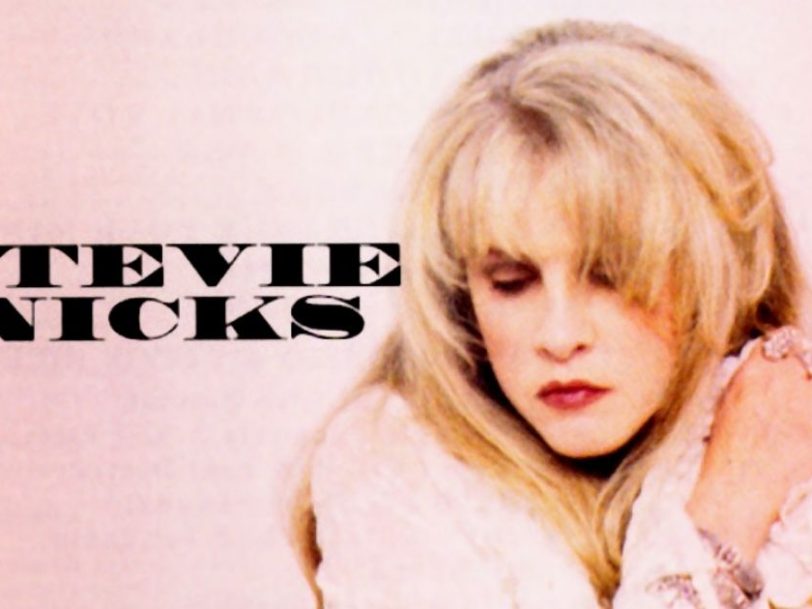The title Street Angel reflects exactly the flawed, troubled, glistening story behind Stevie Nicks’ fifth album. Released in the summer of 1994, it is rarely talked about by Stevie fans, and even Nicks herself feels ambivalent about the record, emerging as it did at a particular low point in her life, and representing to her a lack of control – both of herself and of the recording process.
Listen to ‘Street Angel’ here.
“I don’t have a problem stealing lyrics from myself”
Stevie Nicks left Fleetwood Mac in 1990. A variety of reasons have been cited for her departure, but one thing seems clear: her solo career up to that point had always been squeezed in around the needs of the group, and she felt that her own albums didn’t give her the satisfaction they might. “Having to go back and forth and back and forth between my career and Fleetwood Mac…” Nicks said in 1994. “This is the first time that I won’t have to go back and forth.”
But tempering Nicks’ new sense of freedom was confinement of another sort. As well as leaving Fleetwood Mac, she had also left behind her well-publicised cocaine use – and as part of her rehab, she began to take the prescription tranquilizer Klonopin, to which she became addicted. The sedative knocked out at least some of her creative hunger.
This might explain why much of Street Angel was the product of Nicks digging into her past, dusting off songs she had written in previous years – good songs that somehow had not fitted before now. “I never think that because a song isn’t working for me at a certain time that it will never get done,” Nicks has said. “I don’t have a problem going back and stealing lyrics from myself.”
Many of Street Angel’s songs were composed ten years before, or even earlier; If You Were My Love dates from the time of Nicks’ solo debut, 1981’s Bella Donna, and Rose Garden, featuring some of the album’s most poignant lyrics, is from the 70s. “I wrote [it] purely for myself on a guitar I got for my 16th birthday,” Nicks said of the song in 1994, explaining that it was a pure fantasy about love growing older and souring, leaving behind only possessions and echoes of happiness. Nicks has said she felt it was a premonition from her teenage self about some of the unhappiest and loneliest times to come in her own adulthood.




